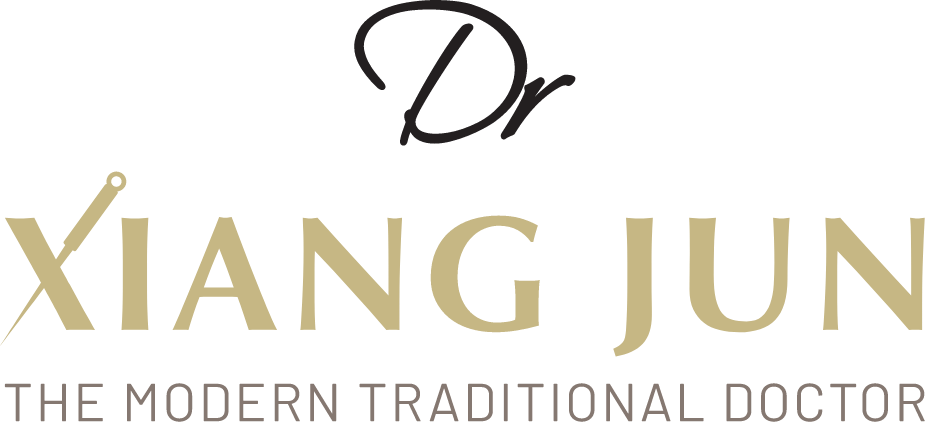Men's Health Series: How Acupuncture treats Benign Prostatic Hyperplasia according to Science
Benign prostatic hyperplasia (BPH) is a non-cancerous enlargement of the prostate gland and is the most common benign tumor found in men. BPH is also the most encountered urologic disease among older men as it produces symptoms by obstructing the urine flow through the urethra.
Signs and Symptoms of BPH
The signs and symptoms of BPH can be those caused directly by obstruction of urethra and also those due to secondary changes in bladder.
Difficulty starting to urinate despite pushing and straining
A weak stream of urine with several interruptions
Dribbling at the end of urination
Sudden strong urge to urinate
Frequent urination
Sensation that the bladder is not empty after urination completes
Frequent awakening at night to urinate
Incontinence
Bed wetting
Pain and burning during urination
Conventional BPH Treatment
Symptoms, as well as objective measurements of urethral obstruction, can remain stable for many years and may even improve over time for most BPH.
Currently, the main conventional options to address BPH are:
Mindful waiting
Medication (5-alpha-reductase inhibitors and alpha-adrenergic blockers)
Surgery (prostatic urethral lift, transurethral resection of the prostate, photovaporization of the prostate, open prostatectomy)
Intermittent catheterization which has an inflated balloon at the end to hold it in place in the bladder
Side Effects of Conventional BPH Treatment
Mindful waiting: Because the progress and complications of BPH are unpredictable, a strategy of mindful waiting can be imposed. However during this time, tranquilizers and over-the-counter cold and sinus remedies that contain decongestants need to be avoided as they can worsen the obstructive symptoms.
Medication: 5-alpha-reductase inhibitors such as Finasteride can result in impotence, breast enlargement, erectile dysfunction, depression and anxiety. Alpha-adrenergic blockers can result in orthostatic hypotension which is dizziness upon standing as a result of a fall in blood pressure, fatigue and headaches.
Surgery: Surgical treatment of the prostate involves displacement or removal of the obstructing adenoma of the prostate. However, surgery can come with its complications of impotency, incontinence, retrograde ejaculation and the need for a second operation.
Holistic BPH Treatment
Acupuncture
There is an increasing number of clinical utilizations of acupuncture for BPH.
Read more about Everything You Need to Know About Acupuncture here.
Acupuncture may increase the production of endorphins and analgesic effects to generate a neuromodulation to decrease the high tone of the pelvic floor which is induced by bladder dysfunction.
Acupuncture has anti-inflammatory effects and can induce the neuromodulation of the bladder which is critical for treatment of BPH. Furthermore, such symptom reductions from acupuncture are also long-lasting.
Acupuncture can neutralise pathological changes in low levels of nitric oxide synthase and impaired kidney function, which manifested as high blood urea nitrogen and serum creatinine, which can result in symptoms of BPH.
Here are the scientific papers research on Acupuncture for treating BPH.
Herbal medicine
Several in vitro and in vivo studies have indicated that Chinese herbal medicine alleviates lower urinary tract symptoms in patients with BPH. It is suggested that herbal medicine improves the quality of life and prostate volume of patients relative to Western medicine.
Fructus Rubi, Fructus Alpiniae Oxyphyllae, Epimedium are some of the common herbal medicines that are used in the treatment of BPH.
Read about other Men’s Health Articles here.
For Sexology Practices and Treatments please book appointment.
Further Reading:
Everything you need to know about Acupuncture
Why Emotional Release is Important
Hormone Imbalance in Western Medicine and Traditional Chinese Medicine
Hidden Signs of Hormone Imbalance
Hormone Imbalanced Skin and How TCM and Acupuncture can Help Hormone Balance
Are you ashamed of having menses?
What should you not do before Acupuncture?
Testimonial for Digestive Health Bloatedness
Testimonial for Chronic Fatigue
Adrenal Fatigue and How It Can Be Treated
Is Chocolate Really Good as a Positive Emotional Builder?
How Acupuncture Help with Fatigue
Facial Acupuncture - How to differentiate the real deal from the fakers
Women’s Health: It is not normal to have cysts and fibroids
Women’s Health: Hormone Pills, IUD, IVF



